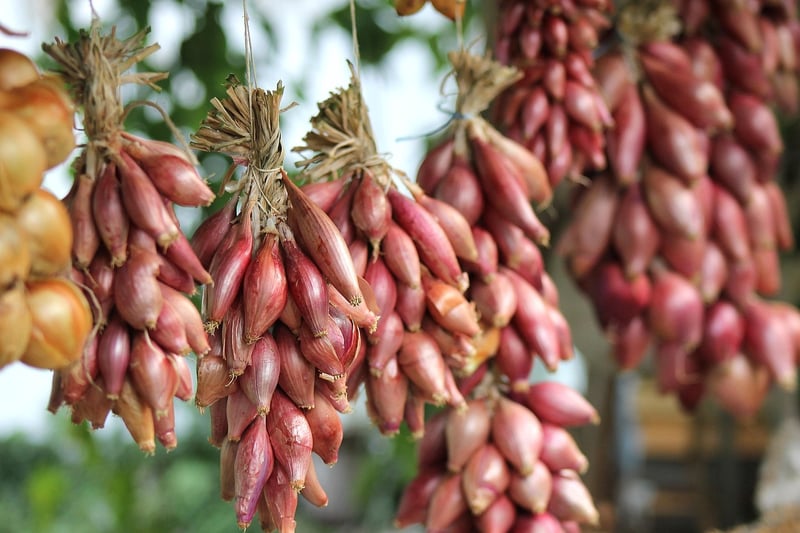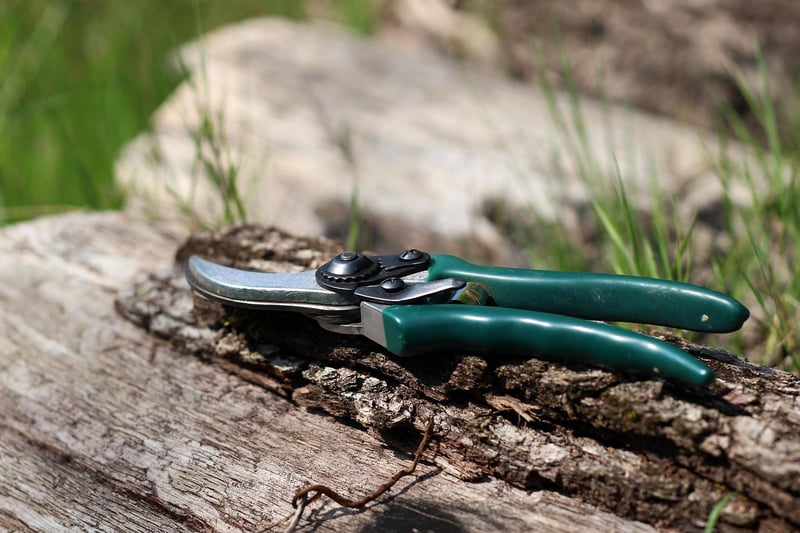Pruning Techniques
Essential Plant Upkeep and Pruning Techniques
Introduction
Welcome to our guide on plant upkeep and pruning techniques! Whether you are a seasoned gardener or just starting with your green thumb, knowing how to properly care for your plants and when to prune them is essential for their health and vitality.
Plant Upkeep
Proper plant upkeep involves regular maintenance tasks that help your plants thrive. Here are some key tips:
1. Watering
Ensure your plants receive adequate water based on their specific needs. Overwatering or underwatering can harm your plants.
2. Sunlight
Place your plants in locations where they can receive the right amount of sunlight. Some plants thrive in full sun, while others prefer shade.
3. Soil Quality
Use well-draining soil and consider adding fertilizer to provide essential nutrients to your plants.
Pruning Techniques
Pruning is a crucial aspect of plant care that helps maintain their shape, promote growth, and remove diseased or damaged parts. Here are some pruning techniques to keep in mind:
1. Deadheading
Remove dead flowers to encourage new blooms and prevent the plant from focusing energy on seed production.
2. Thinning
Thin out overcrowded branches to improve air circulation and sunlight penetration, promoting overall plant health.
3. Heading Back
Cut back a portion of a stem to encourage branching and denser growth, commonly used for shrubs and hedges.
4. Rejuvenation Pruning
For older plants, consider rejuvenation pruning to stimulate new growth by cutting back the plant significantly.
Conclusion
By following these plant upkeep and pruning techniques, you can ensure that your plants remain healthy, vibrant, and beautiful. Remember to research the specific needs of each plant species to provide tailored care.
Happy gardening!


References:
Royal Horticultural Society - Plant Care Advice
University of Minnesota Extension - Pruning Trees and Shrubs
